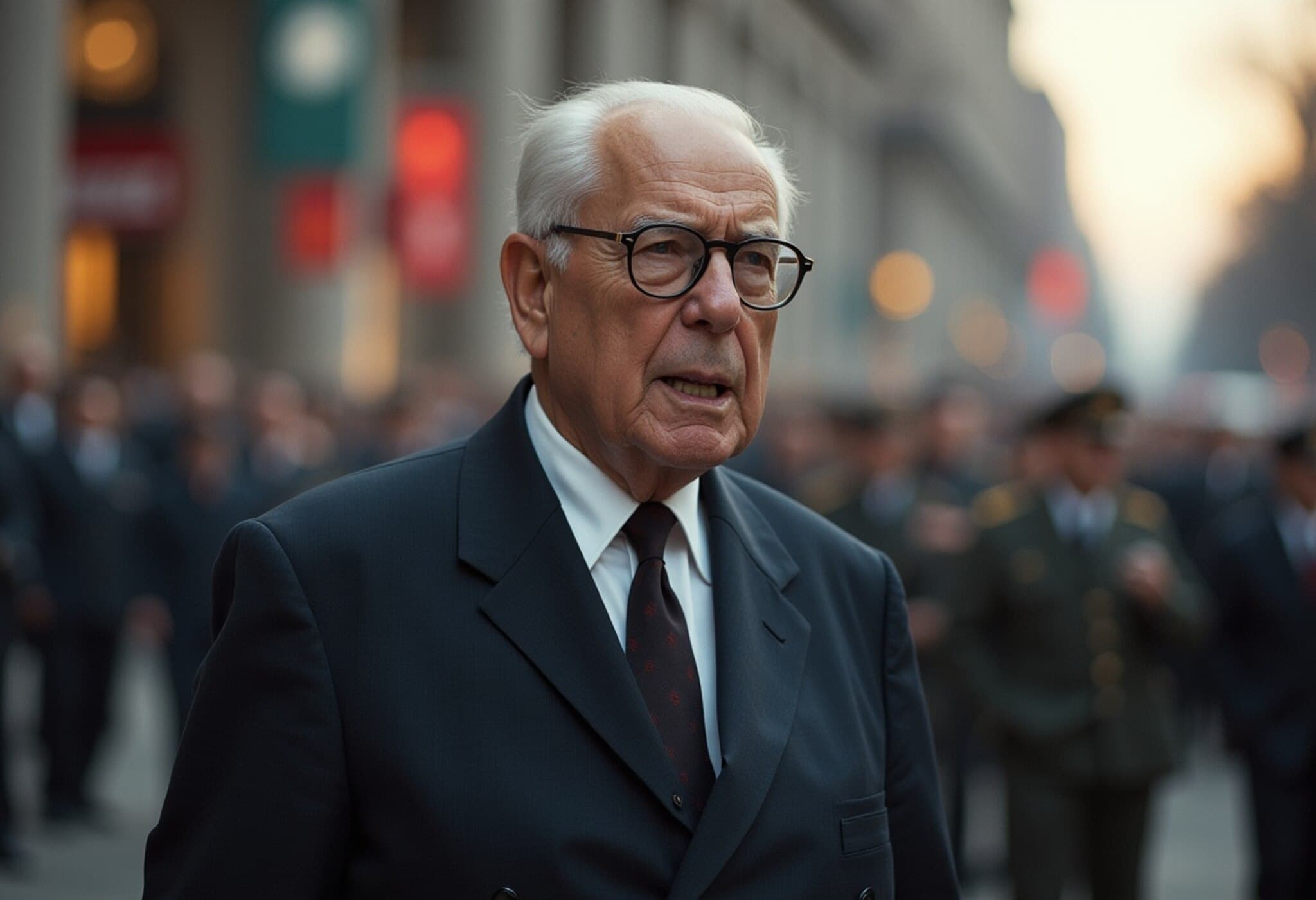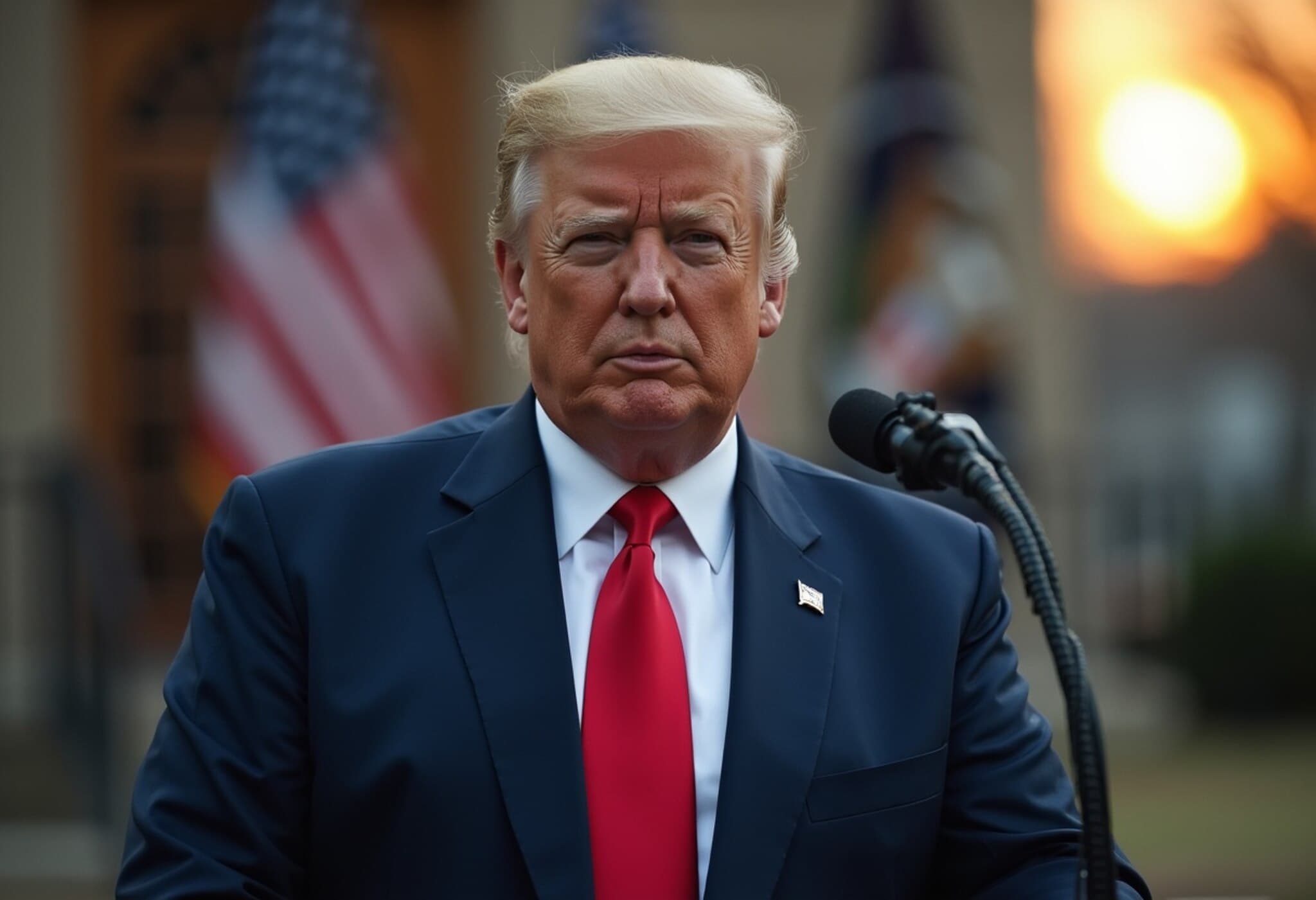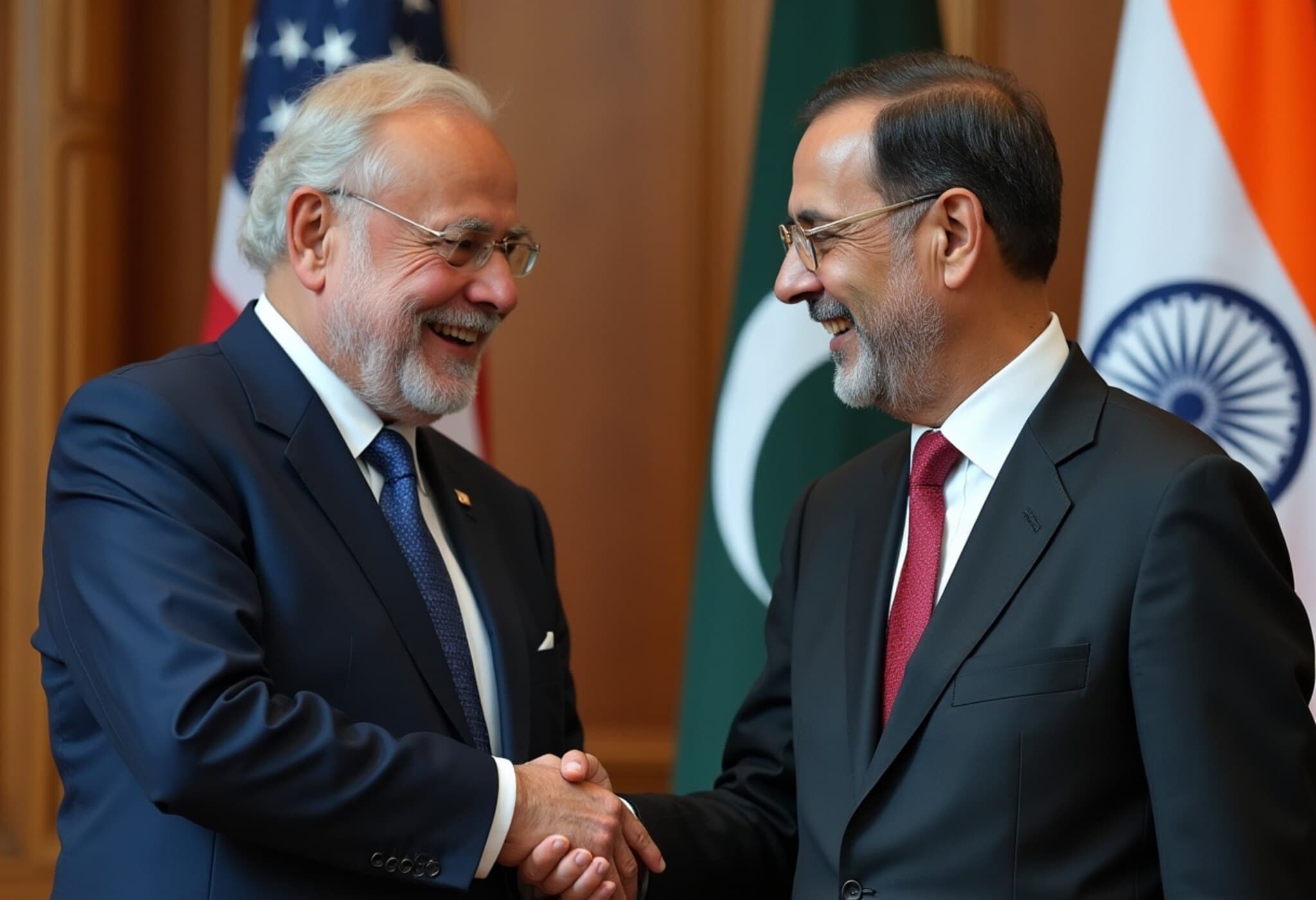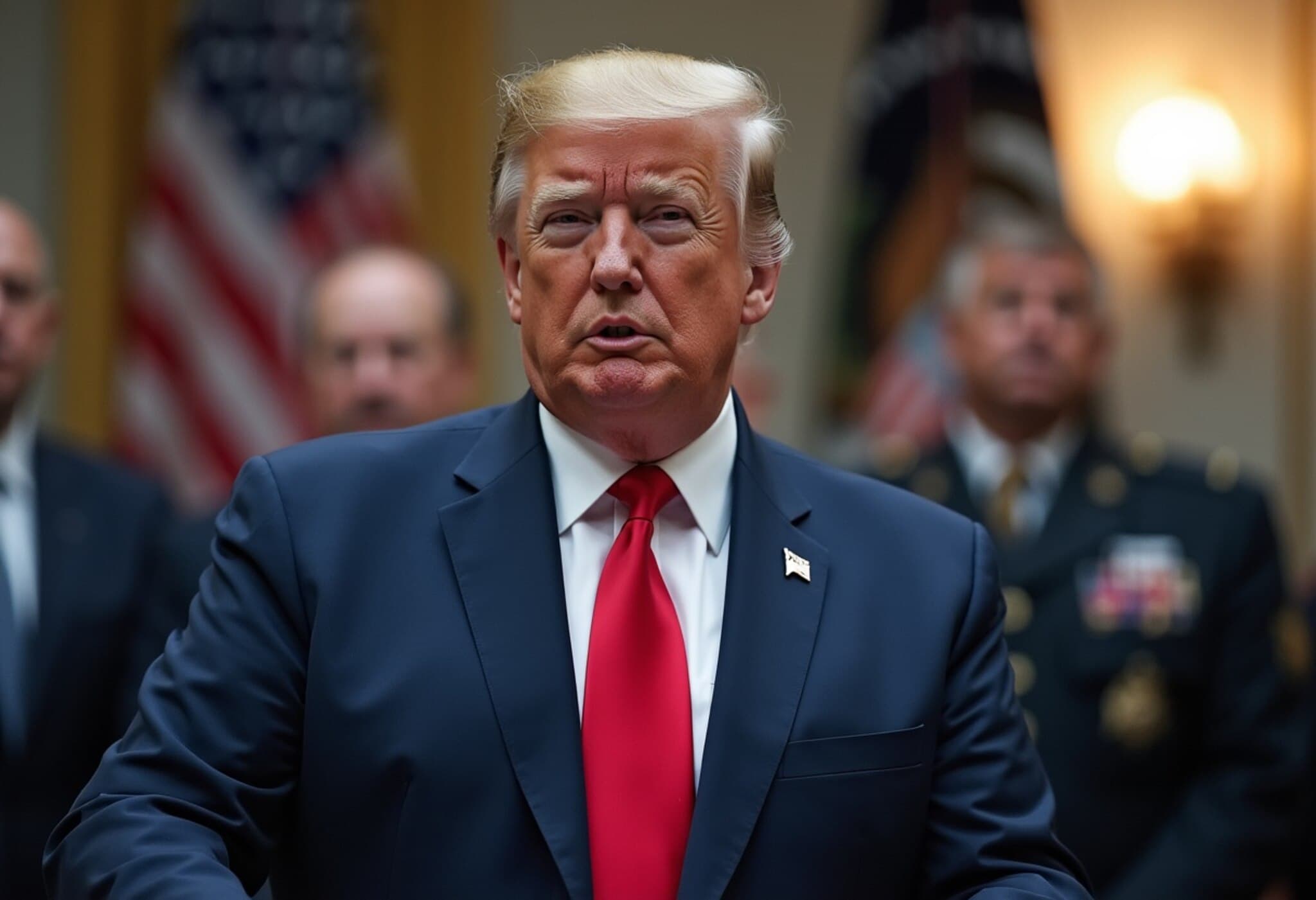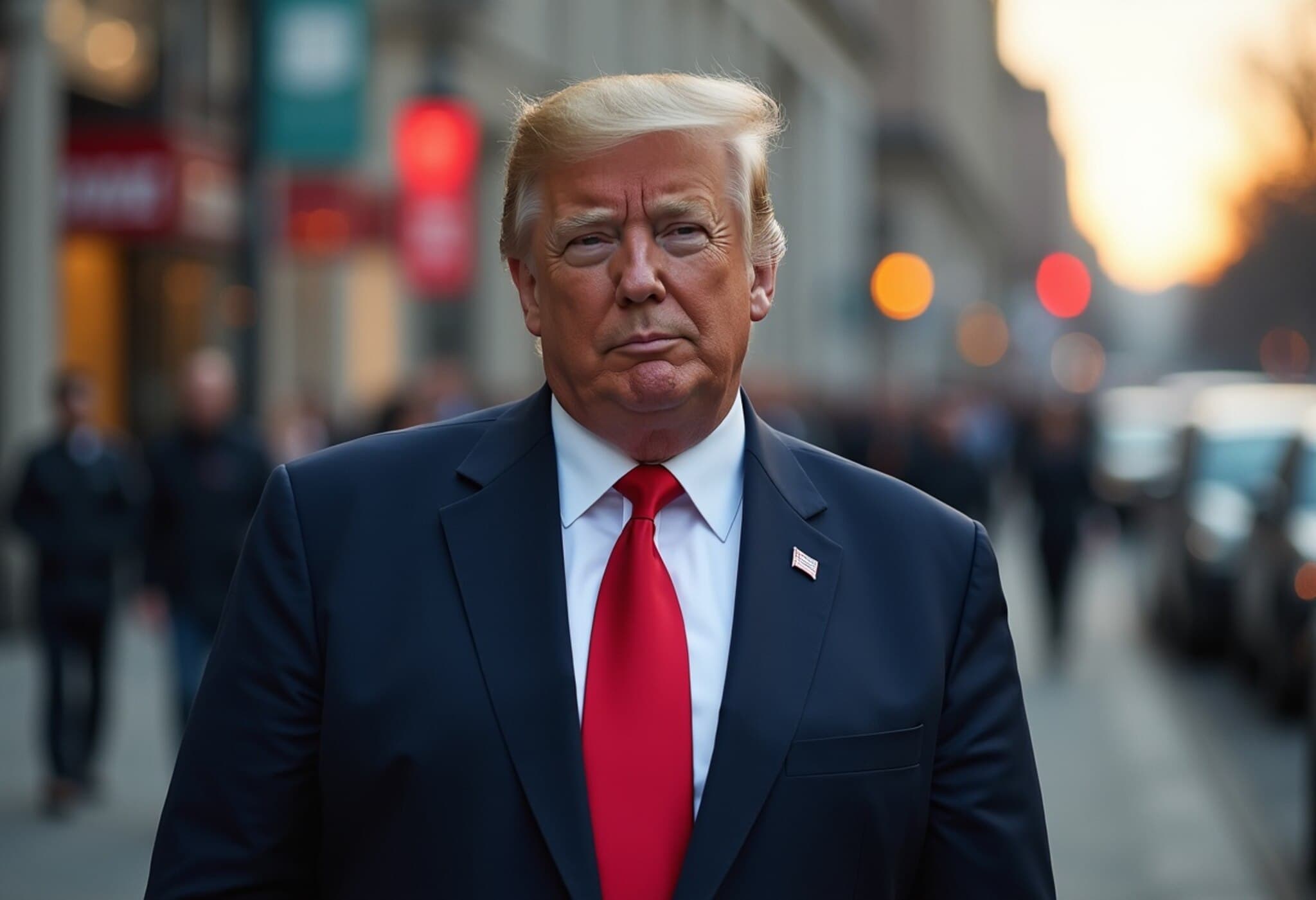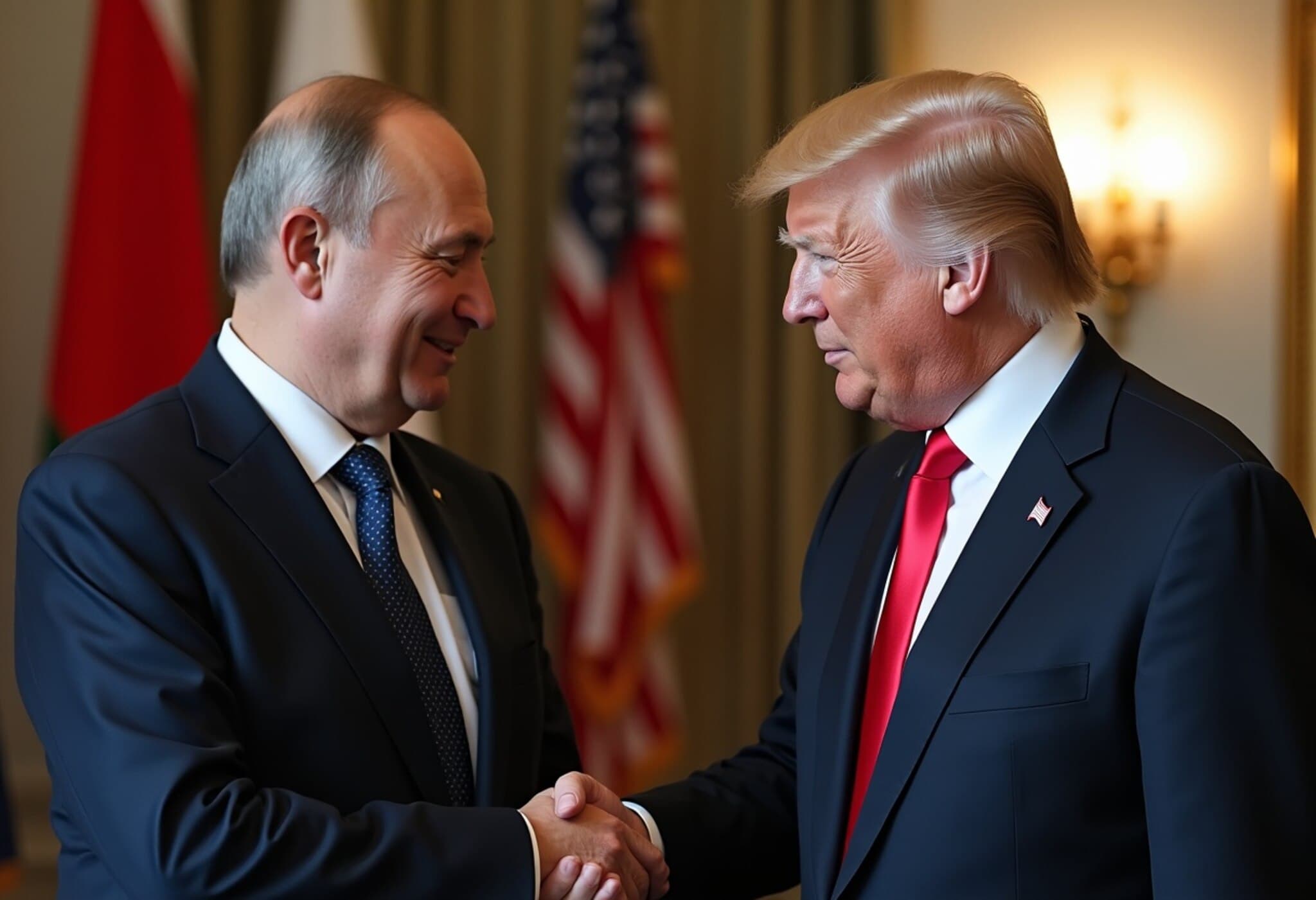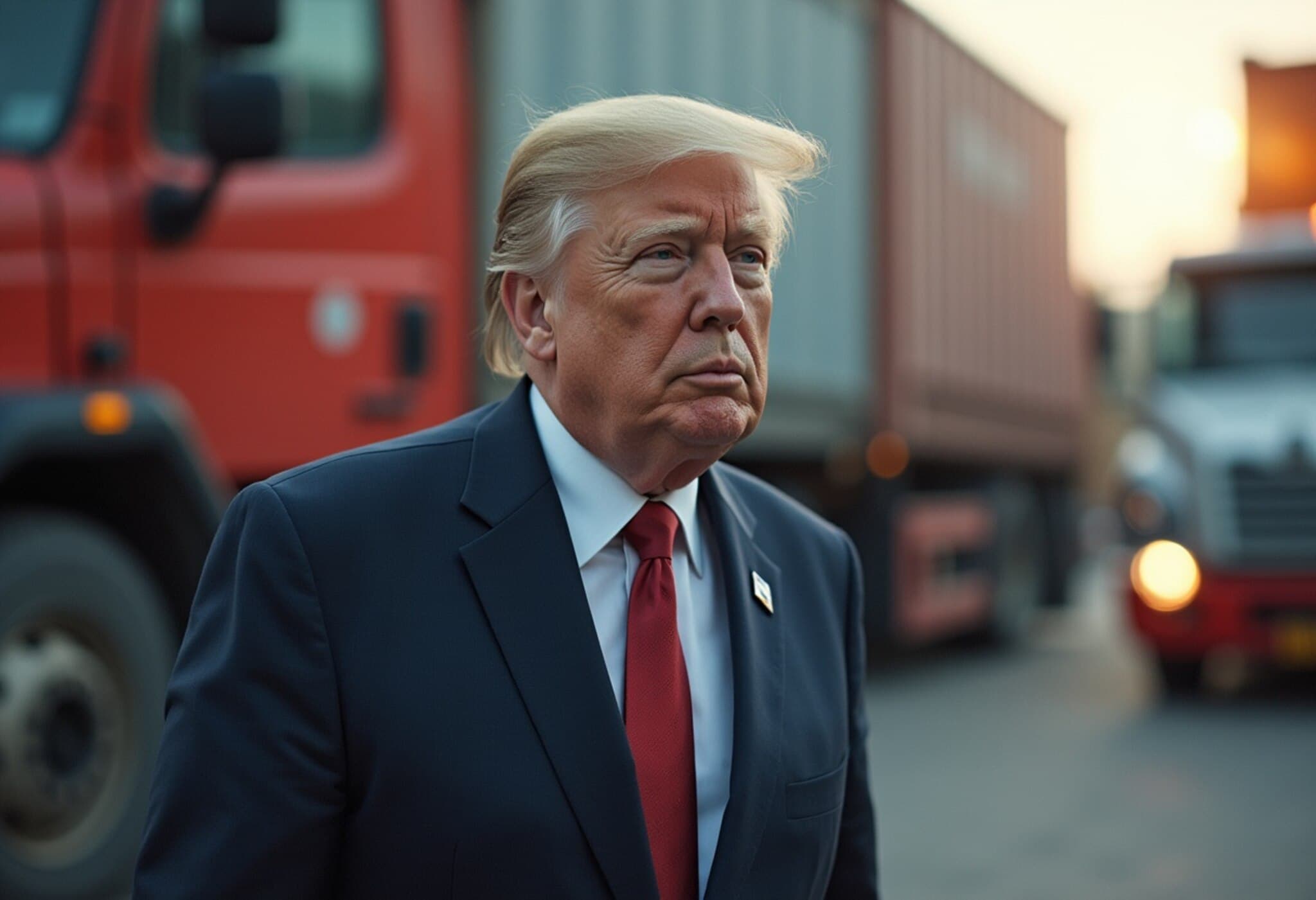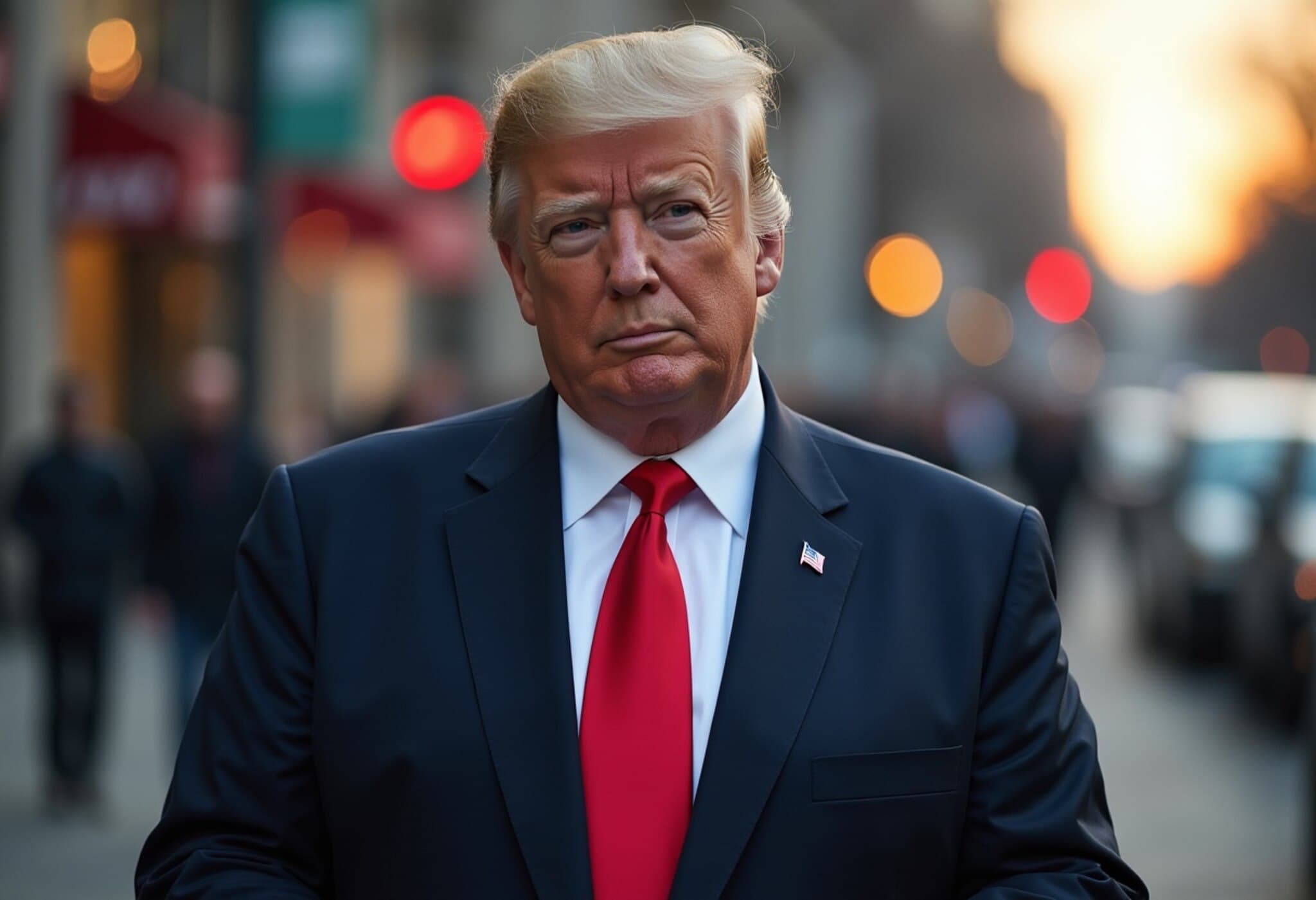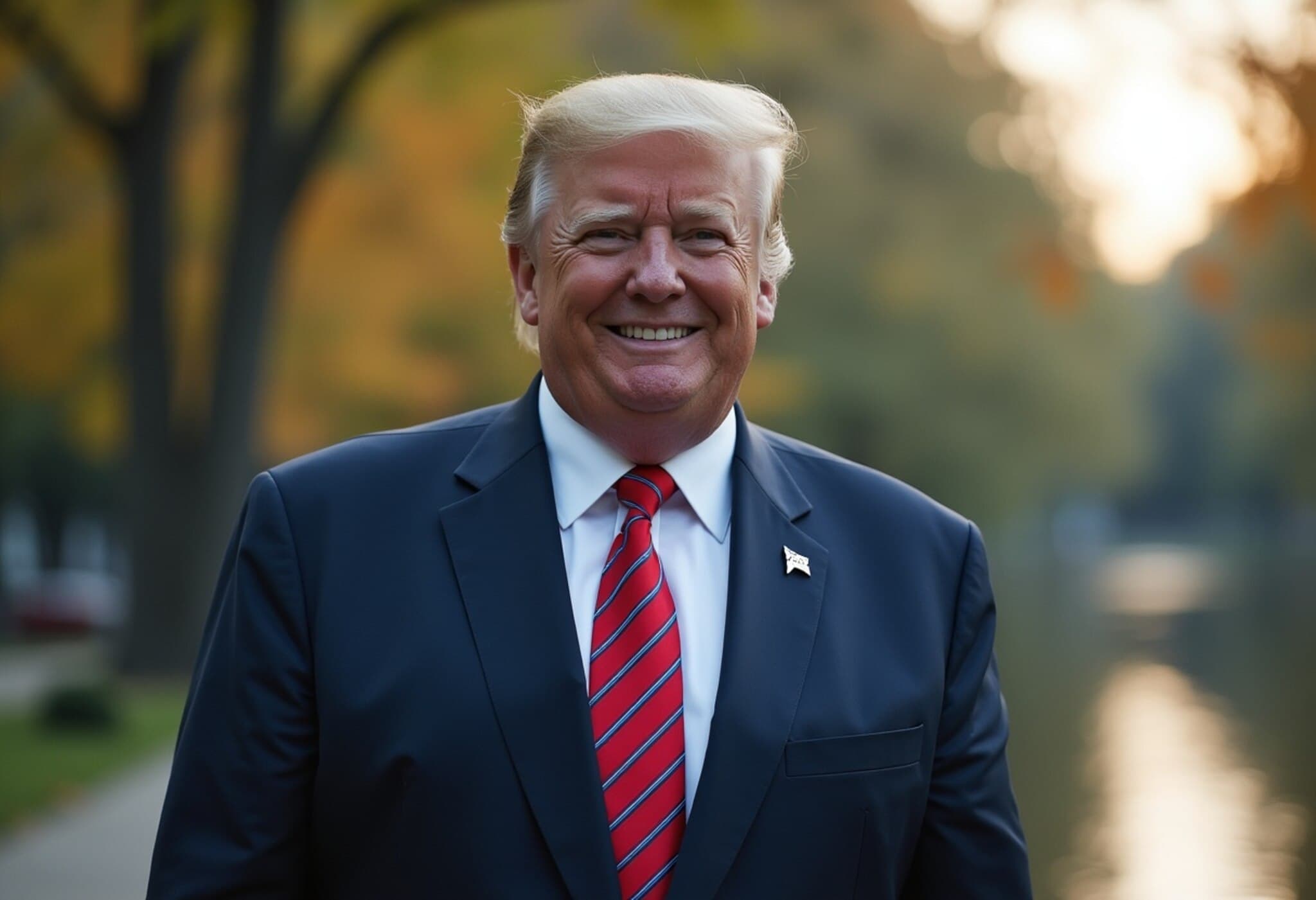Remembering a Moment That Changed History: Truman and the Atomic Bomb
August 2025 marks 80 years since the United States made the harrowing decision to deploy atomic weapons against Japan, bringing a devastating end to World War II. When President Harry S Truman took office in April 1945, he inherited a world embroiled in catastrophic conflict and was soon introduced to "the most terrible weapon ever known in human history" — the atomic bomb developed under the secretive Manhattan Project.
The War’s Final Chapters and the Bomb’s Promise
By mid-1945, Nazi Germany had fallen, but Japan remained defiant, refusing to surrender despite crippling economic blockades and relentless bombing campaigns that had already claimed hundreds of thousands of civilian lives. The prospect of an invasion of Japan’s home islands loomed grimly, forecasted to cost potentially over 1 million American lives and countless Japanese casualties. For Truman, the atomic bomb represented a painful but necessary means to save lives and hasten peace.
The Dilemma: Moral, Military, and Political Dimensions
The decision to use nuclear weapons was steeped in complexity. Military leaders like Dwight D. Eisenhower questioned its necessity, believing Japan was near surrender. Scientists from the Manhattan Project voiced ethical concerns, urging demonstration rather than direct use. Yet political pressures, including vast wartime expenditures and the desire to preclude Soviet dominance in post-war Japan, weighed heavily.
- Ethical Debates: Admiral William Leahy condemned the bombings as "barbarous," advocating for peaceful negotiation instead.
- Scientific Reservations: Sixty-four researchers petitioned for a non-lethal demonstration to showcase the bomb’s power.
- Geostrategic Calculations: The U.S. sought to end the conflict rapidly and limit Soviet territorial gains in Asia.
Execution and Aftermath
On August 6, 1945, the B-29 Enola Gay dropped the uranium bomb known as "Little Boy" on Hiroshima, instantly killing an estimated 80,000 people and obliterating the city. Despite the shock, Japan refused to surrender. Two days later, the Soviet Union declared war on Japan, intensifying pressure.
Three days after Hiroshima, on August 9, a second bomb, "Fat Man," was detonated over Nagasaki. With devastation compounded and the specter of complete annihilation looming, Emperor Hirohito announced Japan’s surrender on August 15, citing the “new and most cruel bomb” as a pivotal factor.
The Human Cost and Private Regrets
The immediate victor was peace, but the human toll was staggering — both in lives lost and the moral burden carried by the decision-makers. Public opinion at the time overwhelmingly supported the bombings, with a 1945 Gallup poll showing 85% approval. Yet behind closed doors, Truman reportedly expressed remorse for the immense suffering caused.
Robert McNamara, a future U.S. Secretary of Defense who served under General Curtis LeMay, reflected on the gravity of their actions: "If we'd lost the war, we'd all have been tried as war criminals." His candid admission underscores the enduring ethical tensions surrounding nuclear warfare.
Reassessing the Necessity: Historical Controversies and Lessons
The United States Strategic Bombing Survey post-war concluded Japan might have surrendered without the atomic bomb or a costly invasion. However, the fog of war and fears of a prolonged conflict, compounded by Soviet ambitions in East Asia, made certainty impossible in 1945.
Expert Insights: Why Context Matters
Understanding Truman’s choice requires grappling not only with the raw data but also with the high-stakes uncertainty, human psychology, and geopolitical chessboard of the era. The decision encapsulates the paradox of warfare technology — a weapon that promised to save lives by averting invasion yet unleashed unspeakable destruction and reshaped global power dynamics forever.
Editor’s Note:
As we reflect eight decades later, the legacy of the atomic bombings remains deeply complex. It challenges us to examine the balance between military necessity and moral responsibility, the consequences of wielding unprecedented power, and the enduring quest to prevent nuclear catastrophe. In an era where nuclear proliferation and geopolitical tensions persist, revisiting Truman’s fateful decision offers crucial lessons on leadership, ethics, and the urgent need for peace.

